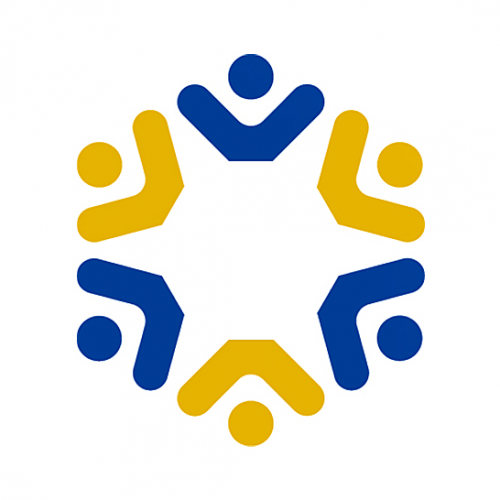
Reports of Interest: Otago Community Trust Sport & Recreation - Sector Scan and Review 2022
Otago Community Trust — October 8, 2022
The Otago Community Trust is a significant supporter of the sport and recreation sector. To maximise the effectiveness of its funding of the sector, in 2021 the Trust requested a scan of the sector to understand the current and anticipated future shape and state of sport and recreation. This research was conducted by RSL Consultancy. The full report is enclosed in the below article and now on the Otago Community Trust website.
Executive Summary
Participation patterns in sport and recreation have changed over time. Some traditionally popular activities have seen declines in membership while other emerging activities are becoming more popular. A number of factors driving this change, include:
- A desire by parents to keep their young children away from contact sport
- An increasing desire to participate informally and at flexible times to address work and family commitments.
- Financial pressures impacting people's ability to commit to club memberships, pay facility and competition fees.
The demographic profile of the Otago region is changing, both in terms of numbers and ethnic diversity. Population growth is projected in most parts of the region, with much of this in the older age groupings. Increasing ethnic diversity may call for different activity offerings. As the demographics change, so will the demand for facility design to meet aging, gender and ethnic diversity needs. These changes will require sport and recreation activities that are appropriate, in spaces and places that are suitable. At the same time Sport NZ is targeting tamariki and rangatahi, given the decline in participation in these age groups.
Sport and recreation occurs at a range of settings. This report has offered insights into the settings most frequented for sport and recreation. OCT already supports many of these settings such as indoor facilities and pools, outdoor sports fields and walkways and cycleways. This support is highly valued across the sport and recreation sector.
This report also considers the barriers to participation, for both adults and young people. These barriers vary across age groups and also for those who wish to be more active compared with those that do not wish to be more active, either because they feel they are active enough or are just not interested in being active at all.
Many barriers to participation relate to a participants' personal circumstances which OCT can have little or no influence on, such as tiredness or other commitments like work and family. But there are also factors that increased physical activity could improve, such as a lack of motivation which may be influenced by an individual's mental health. There are some barriers that relate to affordability, transport difficuIties and availability/location of facilities that OCT funding support could help to further reduce.
Suicide rates, mental health and developmental disorders appear to be quite high in the region, without any obvious explanation. Southern DHB may be able to shed some light on this which may also help OCT to prioritise which barriers OCT wishes to prioritise, possibly in collaboration with others.
The Otago Community Trust has identified a series of priority communities stated as
- Children and young people*
- Maori*
- Pasifika*
- Former refugees
- New Migrants
- Rainbow communities
- Those experiencing mental health issues
- People living with a disability*
- People living rurally or in isolation
- Those facing hardship
Those marked with an asterisk align with Sport NZ priorities.
While these communities have been identified by OCT as priority communities, funding applicants are not required to address how the needs of these priority communities will be met through the work they are proposing to undertake, whether it be facility or programme development or delivery.
The report found that:
Stakeholder feedback gained during the development of this report indicates a very high level of satisfaction with OCT, its people and processes.
People appreciated
- The consistency of funding year on year.
- OCT's accessible and collaborative approach across all aspects of the Sector.
- OCT's equitable approach to fund small organisations and communities.
Some questioned:
- The rationale behind the amount they are funded.
- What they perceive as OCT's expectation to sustain what they are doing, but do new and different things without increased funding.
- Whether OCT would consider longer funding contracts to allow certainty for staff and consistent programme delivery.
From a strategic perspective, the current application processes are sound and specifically ask respondents questions around the connection of their application to the OCT's vision. However, a greater understanding of success could be gained if respondents were asked to link the purpose of grant funds received to their own Strategic Plan and OCT's priority communities.
From a reporting perspective
- An outcomes focus is appreciated as it allows recipients to tell a meaningful story of what they have achieved.
- Some would appreciate some help to develop tools to measure success.
The Full Research Report is attached below, it can also be downloaded via the following link on the Otago Community Trust website:
https://www.oct.org.nz/resources/publications



